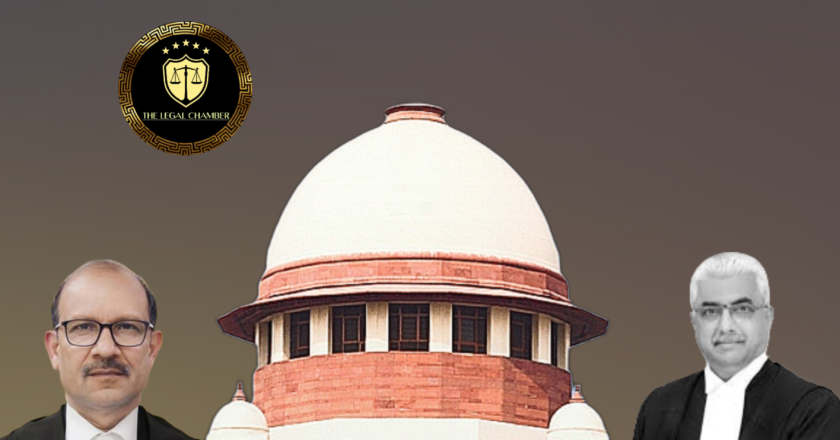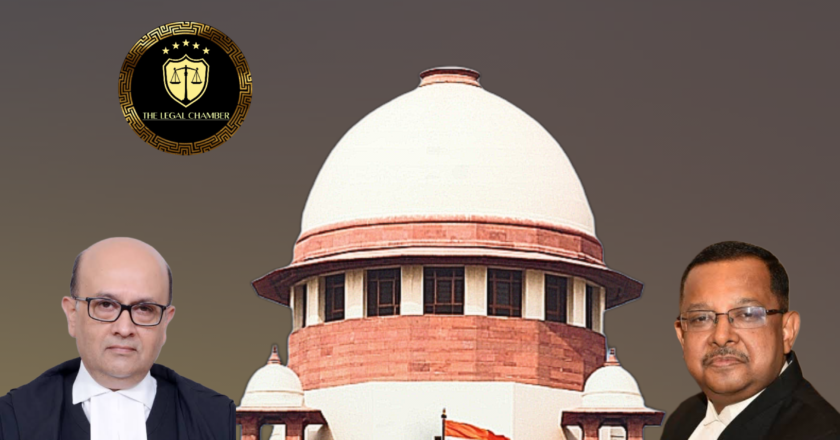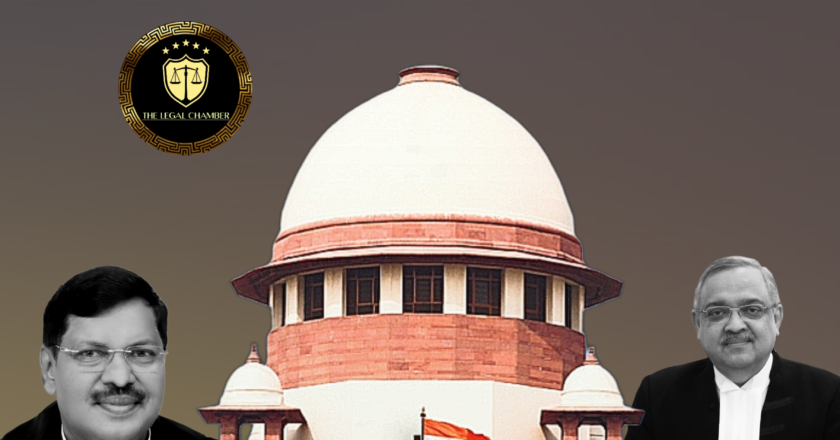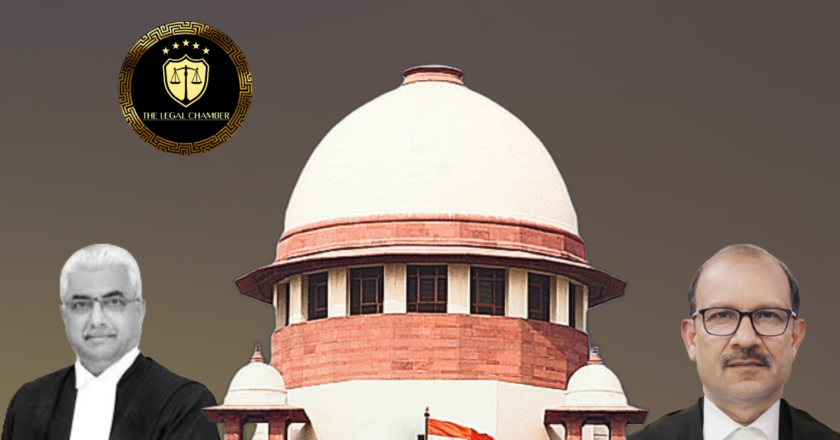Marksheet Tampering Case: Supreme Court Sets Aside Conviction, Criticizes Lack of Forensic Proof
The Supreme Court overturned the conviction, holding that the prosecution failed to prove the appellant's authorship of the alleged forgery beyond a reasonable doubt. The absence of expert evidence on handwriting, lack of proof of exclusive custody of the documents, and the failure to establish mens rea were fatal to the case. The court also noted prejudicial non-compliance with Section 313 CrPC.
Facts Of The Case:
The appellant, a student pursuing a Bachelor of Social Work, had failed her compulsory English paper in the 1998 summer session examinations, securing only 10 marks upon revaluation. To gain admission to the third-year course (BSW Part-III), she submitted her original mark-sheet and the revaluation notification to her college. The admission clerk and the principal verified the...




